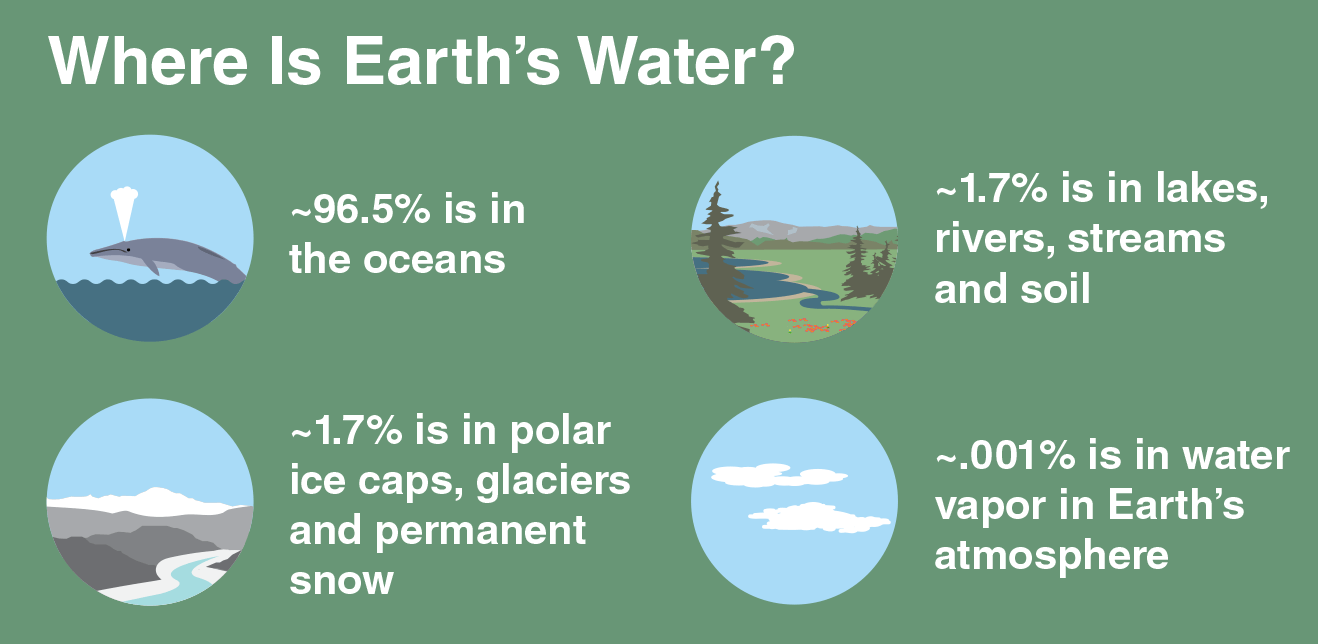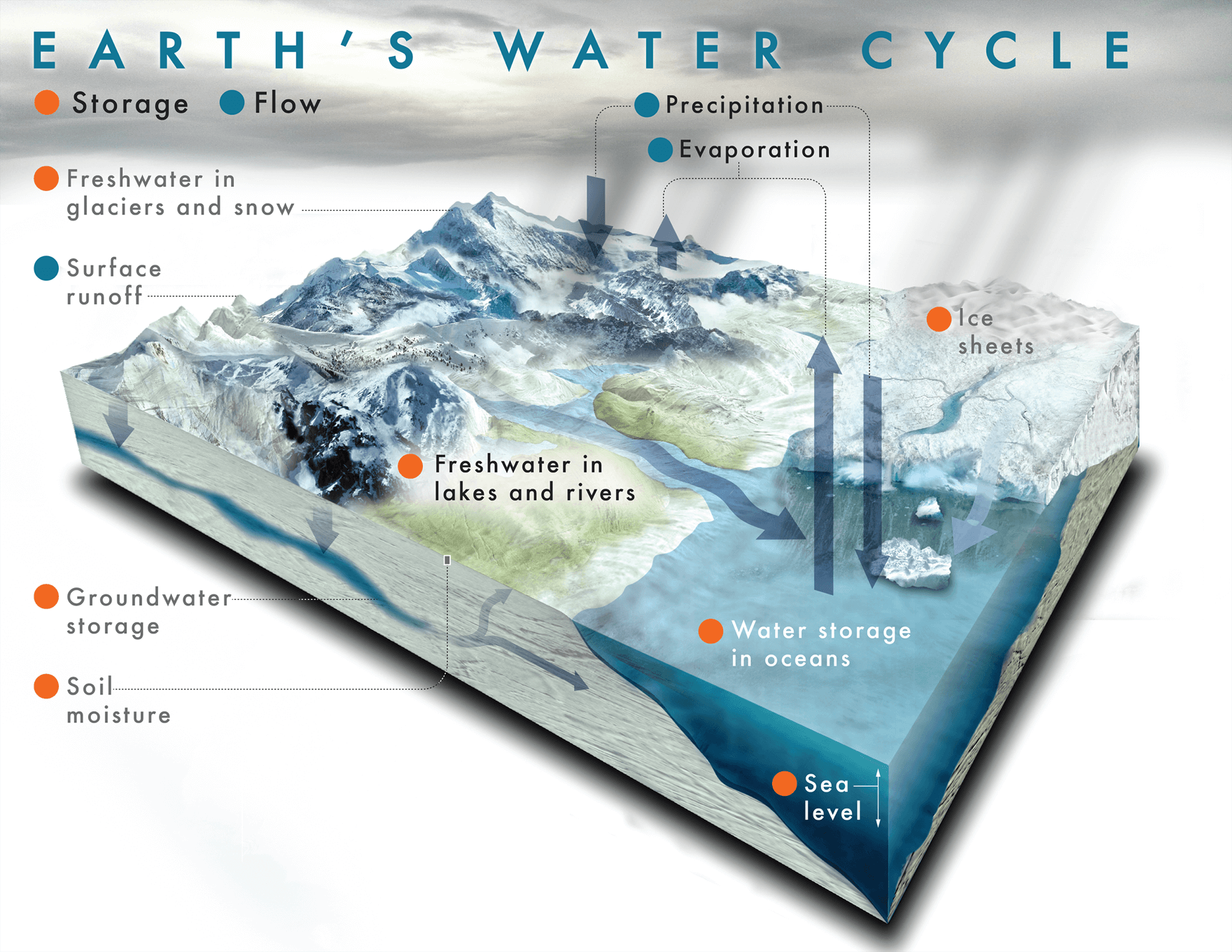Hurumanu: The Water Cycle
AIM: TO LOOK AT THE WATER CYCLE AND HOW CLIMATE CHANGE IS AFFECTING IT.
Definition:

Scientific words:
- Evaporation. When water is heated by radiant energy it turns into water vapour.
- Transpiration. Evaporation from plants.
- Condensation. When water vapour cools, molecules join together and form clouds.
- Precipitation. When clouds get heavy the waters falls as rain, sleet, hail, or snow.
- Acidification: the action or process of making or becoming acidic.
We will be conducting an experiment that looks at the different ways that climate change is affecting the water cycle.


THE WATER CYCLE EXPERIMENT
Bag 1: Normal Water cycle
Bag 2: Water cycle with CO2 added: like Oceans in climate change
Bag 3: Water cycle with ice added: like Antarctica in climate change
Material:
- Water / Soda water
- 3x Bag
- 1x Blue Food Colouring
- Litmus Paper
- Permanent Marker
- Sand
Steps:
- Get a piece of Litmus Paper and get a permanent Marker.
- Draw a Water cycle on the bag.(optional choice)
- Pour 1x cup of water or Soda water into the bag.
- 2x drops of Blue colouring food into the bag.
- Hang the bag up onto a window.
- You can put in bag 2 piece of Litmus Paper.
Two Images:
Findings:
The Water Cycle: Bag 1
|
CO2 Water Cycle: Bag 2
Acid
|
Desert Water Cycle
Bag 3
| |
Does it cycle?
| Yes It did. | Yes It does. | Yes |
Amount of Water
| 2 | 2 | 2 |
Acidity
| 1 | 3 | 1 |
Key: Water and acidity amount: 1 = none
2 = small
3 = large
Other comments:
1. Bag 1 cycled water.
2.Bag 1 had a small amount of water.
3. Bag 1 The acidity in the bag 1 was low.
4. Bag 2 cycled water
5. Bag 2 had a small amount of water.
6. Bag 2 The acidity in the bag 2 was high.
7. Bag 3 cycled water.
8. Bag 3 had a small amount of water.
9. Bag 3 The acidity of bag 3 was low.
Conclusion:
Bag 1 had cycled water then it had a small amount of water in it. The acidity in bag 1 was low.
Bag 2 had cycled water and bag 2 had a small amount of water then the acidity in bag 2 was high.
Bag 3 had cycled water and then is had a small amount of water then the acidity in bag 3 was low.
Draw a labelled diagram of the Water Cycle
Water cycle words:
- Precipitation
- Hurricanes
- Acid rain
- Evaporation
- Carbon Dioxide
- Water
- Defirestation
- Water vapour
- Transpiration
- Flooding

No comments:
Post a Comment
To support my learning I ask you to comment as follows:
1. Something positive - something you like about what I have shared.
2. Thoughtful - A sentence to let us know you actually read/watched or listened to what I had to say
3. Something thoughtful - how have you connected with my learning? Give me some ideas for next time or ask me a question.